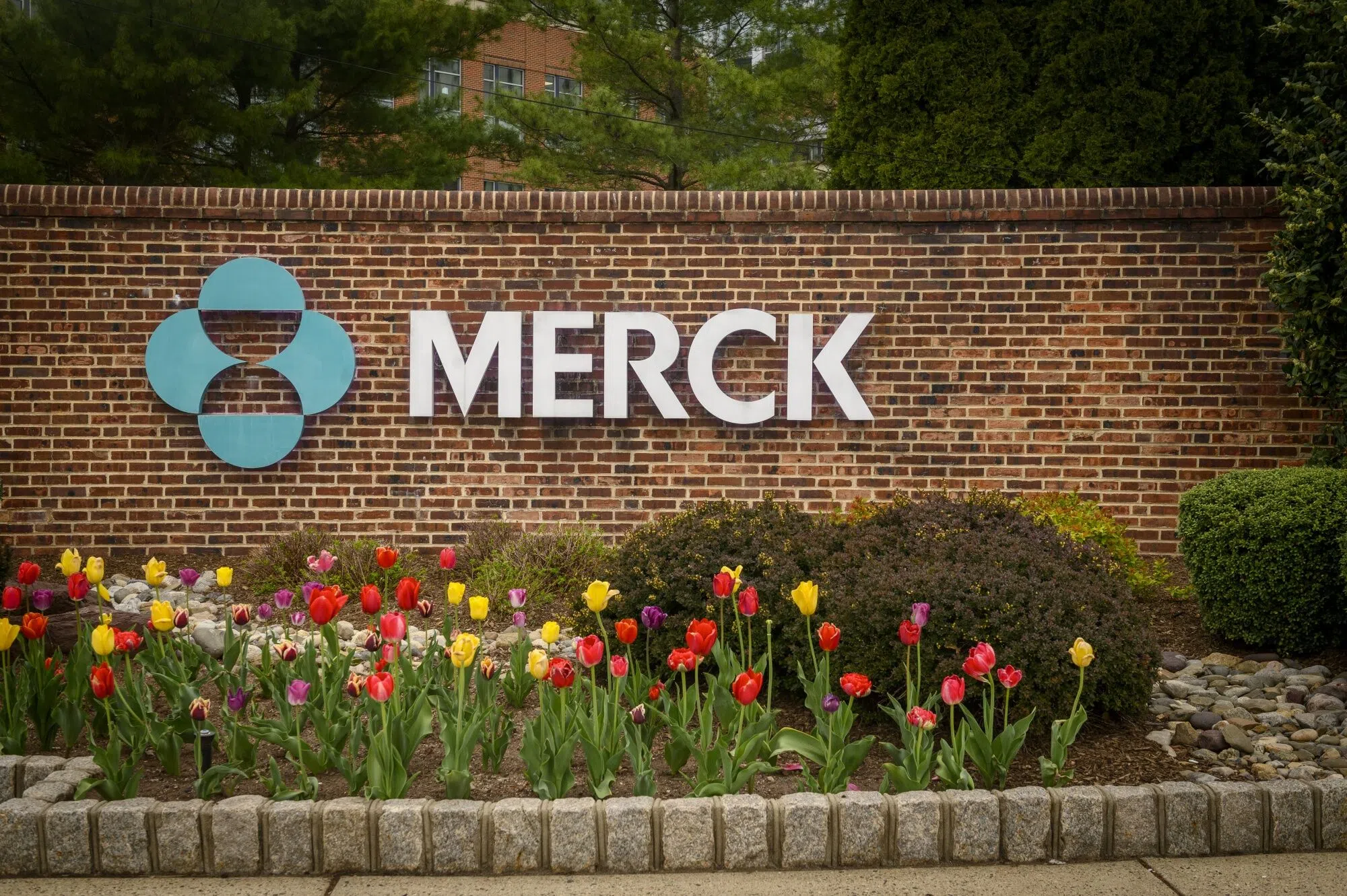MERCK & Co licenced an experimental cancer antibody from a closely held Chinese company in a deal worth US$588 million upfront, plus as much as US$2.7 billion in milestone payments.
The deal with LaNova Medicines bolsters Merck’s push into the promising new field of dual-targeted antibodies. Under the agreement, it will gain exclusive global rights to LM-299, a so-called bispecific antibody that hits cancer in multiple ways.
The drug is currently in a phase one trial in China, where LaNova Medicines is based. In a statement, Dean Li, president of Merck Research Laboratories, said the company plans to advance the drug “with speed and rigor for patients in need.”
LM-299 activates the immune system to fight cancer by blocking a protein called PD-1, the same one targeted by Merck’s best-selling cancer drug Keytruda. But it also blocks a protein called VEGF that tumors use to spur the growth of the blood vessels that support them. This second mechanism is similar to the way Roche Holding AG’s cancer drug Avastin works.
Merck shares rose as much as 0.7 per cent on Thursday (Nov 14) before US markets opened, and have lost 9.7 per cent this year through Wednesday’s close.
In recent years, Merck has spent heavily to broaden its portfolio and reduce its dependence on Keytruda. In 2023, the company paid almost US$11 billion to acquire Prometheus Biosciences, which makes treatments for autoimmune disorders, and signed a cancer drug collaboration with Daiichi Sankyo worth as much as US$22 billion. That followed its US$11 billion purchase of Acceleron Pharma in 2021, which brought in a drug for a rare lung disorder.
Deal demand
But the doubled-barreled cancer medicines called bispecific antibodies have become a red hot area of drug development. Merck itself acquired one such drug for blood cancer in August, buying the global rights to CN201 from closely held Curon Biopharmaceutical for US$700 million in cash plus milestone payments.
In September, shares of Summit Therapeutics soared after researchers presented results showing its dual-targeted drug worked better than Keytruda in a mid-stage lung cancer trial. And in late October, former Seagen chief executive officer David Epstein launched a new company, Ottimo Pharma, to pursue the two pronged approach. The company hasn’t yet started patient trials.
Merck said it expects the deal to close in the fourth quarter, leading it to take a pretax charge related to the US$588 million upfront payment to LaNova. BLOOMBERG







